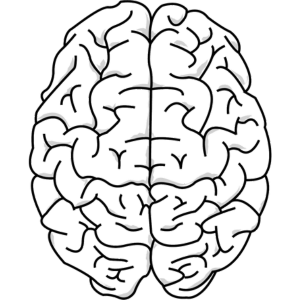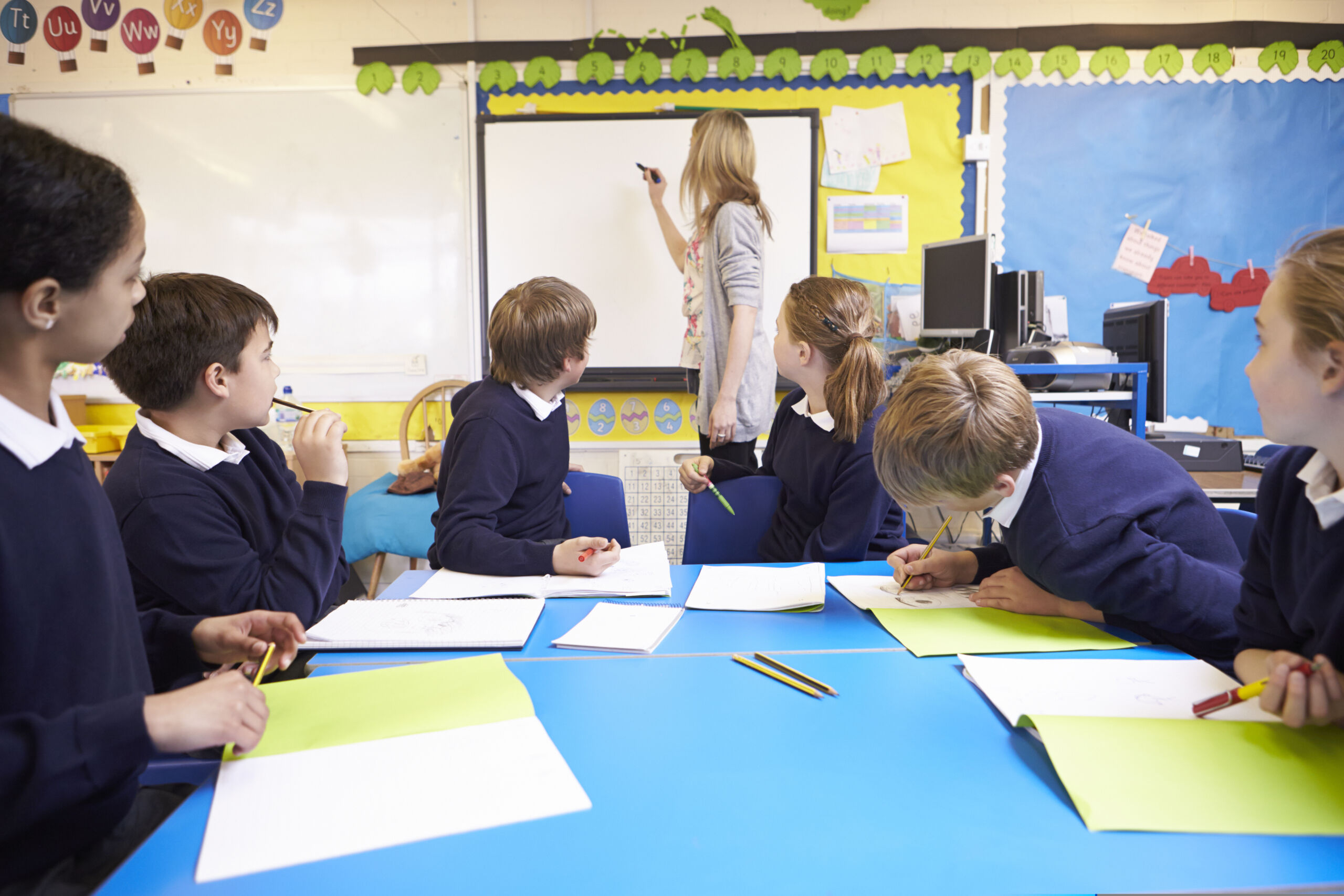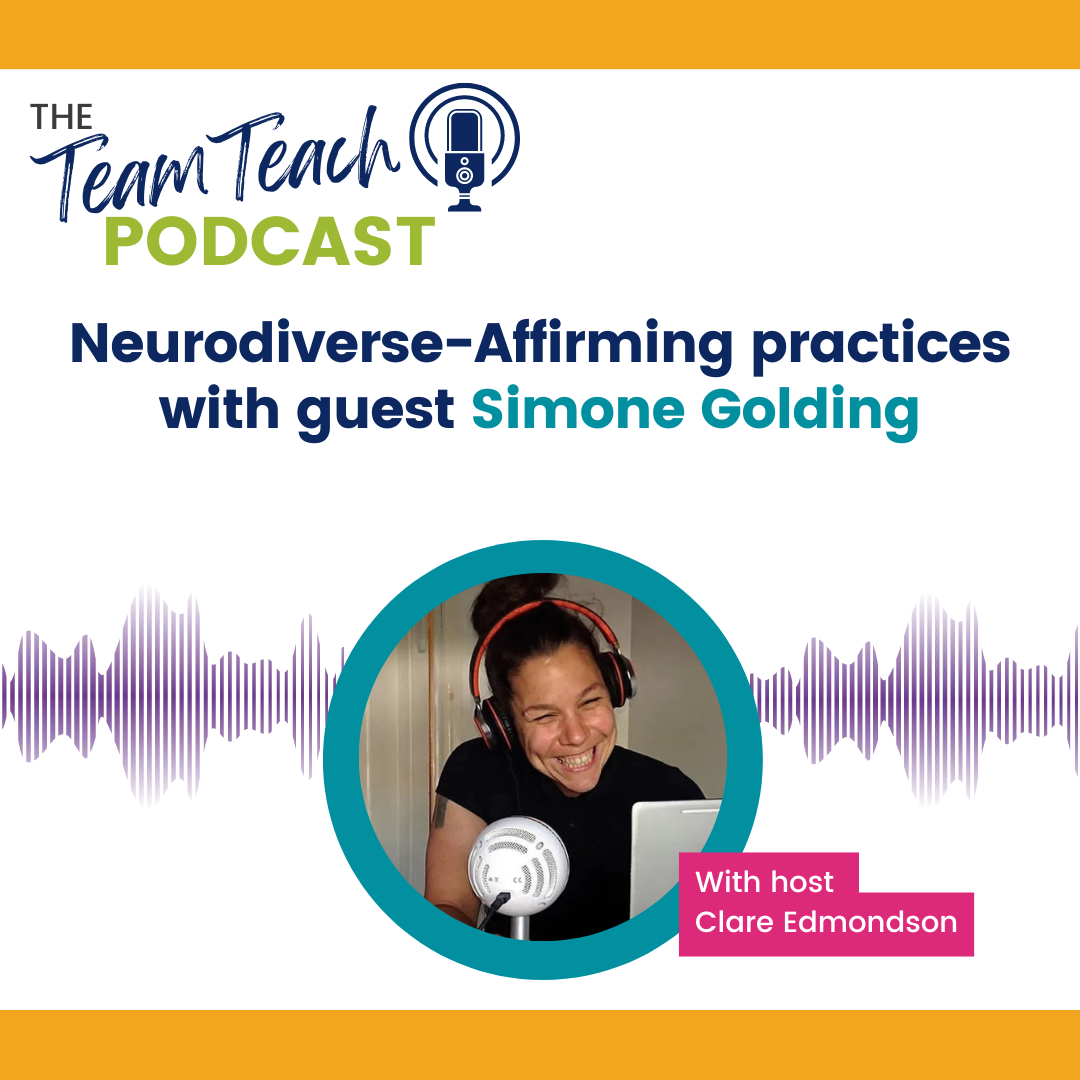Building Behaviour Cultures to Support the UN Sustainable Development Goals
Over the last decade, countries around the world have pledged their support for the United Nations’ 2030 Agenda for Sustainable Development. At the heart of this are the Sustainable Development Goals (UN SDGs). These goals have been developed to reduce poverty, address inequality, climate change and environmental degradation, and create peace and justice to achieve a better, more sustainable future for everyone. The 17 goals are interconnected, with the aim to achieve them all by 2030.
Developing positive behaviour cultures and inclusive approaches in our schools directly addresses two of the UN SDGs, but also creates shared values and ethos, and fosters an environment that encourages students to be advocates, champions, and a positive force for change, helping to make progress towards the other goals.
Growing awareness in our younger generations
We’re seeing a growing awareness of the UN SDGs in students and young people. They are not only showing their support, but also want to be actively involved in creating change. Young people are passionate about supporting their communities, protecting the environment, and are increasingly aware of the positive impact a sustainable future will have on everyone.
An example of this growing support and global awareness in younger generations is the Greta Thunberg effect. Since 2019, Greta’s impact and influence on young people’s awareness of climate change has been marked.
This environmentally conscious, global mindset is something we can nurture and celebrate in our schools by supporting the UN’s goals directly ourselves and creating environments in which our students see themselves as agents of change.
Embedding commitment to the UN SDGs in our school cultures
Real, meaningful and long-lasting change can’t be tokenistic. It’s more than a special event, or running awareness weeks, and it can’t be limited to short-term projects or rely on individual action. To achieve the UN SDGs we need to fully embed our commitment to them into our school cultures.
Supporting the UN SDGs can set a school apart from other schools and make it stand out to prospective students and their parents. It can future-proof student intake, showing our awareness of student interests and concerns. But while attracting and retaining students is of course important, a deep commitment to these goals offers so much more.
By embedding our commitment to the UN SDGs in school cultures, we contribute to global change. We support and validate our students’ interests and understand their very real fears about the future. We create an important set of school values that, in turn, become life values.
Building behaviour cultures to support Goal 4 and Goal 10
Creating behaviour cultures in our schools fosters an environment where we can support all the goals, but it also directly addresses two of the UN SDGs: Goal 4, focusing on quality and inclusive education, and Goal 10, reducing inequality.
So how can focusing on behaviour have a positive impact on these goals?
UN SDG Goal 4: Focusing on quality education
- Goal 4: Ensure inclusive and equitable quality education and promote lifelong learning opportunities for all
“Education is the key that will allow many other Sustainable Development Goals (SDGs) to be achieved.
When people are able to get quality education they can break from the cycle of poverty.”
United Nations.
The focus of SDG 4 is for education to not only be of high quality, but also equitable and fair for all, and student behaviour is a huge contributing factor to quality education on so many levels. From behaviours of concern causing disruptions to learning and impacting academic outcomes, to student behaviours impacting staff wellbeing and retention, a positive approach to behaviour is fundamental for a quality education where everyone can achieve their potential.
Developing a positive behaviour culture takes time and consistency from everyone. Once achieved, many schools see a reduction in disruptions to learning, improved learning outcomes, and stronger, more effective relationships between students and staff. It’s easier to identify when a student needs additional support and helps more students stay in education. All these factors contribute to creating a quality education for all.
At the heart of a positive behaviour culture is the understanding that all behaviour is a form of communication. When we begin to look at the emotions or needs driving a particular behaviour, we can understand what the behaviour is communicating to us and support the student most effectively in an inclusive, safe, and compassionate learning environment.
By investing in staff development training where the focus is on understanding students’ behaviour as well as our own, we create a more reflective, collaborative staff team who are better equipped to support their students’ behaviour, both in and outside the classroom.
UN SDG Goal 10: Focusing on reduced inequalities
- Goal 10: Reduce inequality within and among countries
It can be challenging to provide effective support and inclusion for some of our most vulnerable students with additional needs and or disabilities. Many schools are now supporting students with a range of needs that in the past would have been educated elsewhere, or not received an education at all. Our cohorts of students are changing, which means we have to change too.
We’re having to look again at our approaches to ensure that everyone has the opportunity to learn and achieve their own potential. Yes, it’s challenging, but it’s achievable when we invest the time, develop a consistent approach, and put effective strategies in place for everyone involved.
Children and young people with additional needs and disabilities need to be fully supported so they have equal access to learning opportunities. It’s this inclusive approach to behaviour that can help reduce inequalities in our schools.
Education at the heart of all the UN SDGs
Creating positive cultures and inclusive approaches to behaviour in our schools will help ensure that all our students have truly positive and fulfilling experiences of education. Our young people will soon become the decision makers of tomorrow and our schools provide a crucial developing ground to help us all achieve the UN Sustainability Goals and a better future for everyone. After all,
“Education is both a goal in itself, and a means for attaining all the other SDGs. It is not only an integral part of sustainable development, but also a key enabler for it. That is why education represents an essential strategy in the pursuit of the SDGs.”
Qian Tang, Ph.D. Assistant Director-General for Education, UNESCO.
Please let us know if you need support with behaviour training in your setting.





